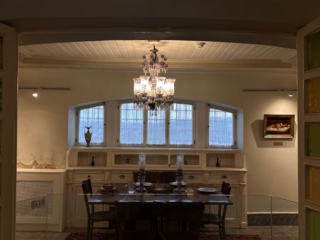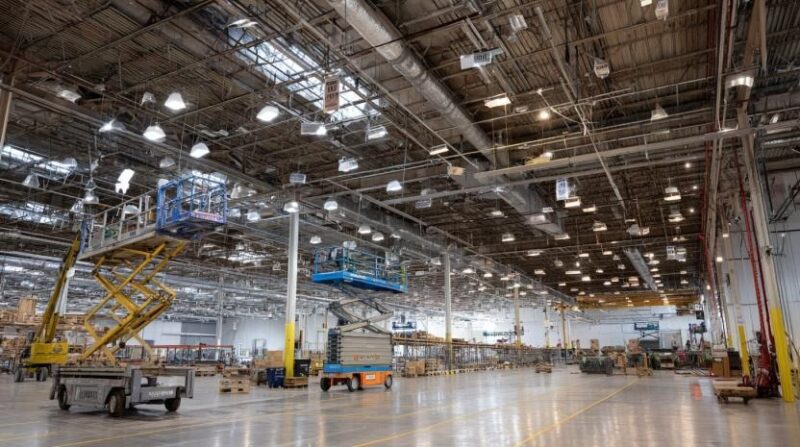
Maintaining a comfortable indoor climate heavily depends on your air conditioning system. However, all AC units eventually reach the end of their operational life and it’s essential to keep this in mind. Quick and efficient equipment replacement can ensure sustained comfort, better energy efficiency, and cost savings. Recognizing when your air conditioner needs replacement can help avoid discomfort and high repair costs. Here, let’s discuss some clear signs that it might be time to upgrade your old air conditioning unit.
Lifespan and Efficiency of Your AC Unit
The expected life of air conditioners ranges between 10 to 15 years, quite long actually. But this can vary due to factors like maintenance, usage and environmental conditions, meaning that it can really pay off to take care of your AC. Units used heavily or in extremely hot climates may wear out faster than those in mild conditions. As air conditioners age, they often work less efficiently, which can lead to higher electricity bills and more frequent breakdowns. Knowing how old your unit is can help you decide if it’s time for a replacement.
When considering the lifespan of your AC unit, it’s important to factor in how well it has been maintained over the years. Regular maintenance, such as cleaning or replacing filters, checking refrigerant levels, and lubricating moving parts, can significantly extend the life of your system. However, even with diligent care, all air conditioners will eventually reach a point where replacement is more cost-effective than continued repairs and maintenance. Speak to a professional about this as there are various types of AC units, from single-window air conditioning units to more complex systems that are used, for example, to cool an entire building.
Frequent Repairs and Rising Maintenance Costs
Occasional maintenance on your AC is normal, but constant repairs can be a red flag. If you’re regularly contacting technicians or if repair costs exceed the worth of your air conditioner, consider replacing it. Persistent issues can indicate deeper issues that repair alone may not fix. Replacing an old unit can often be more economical and dependable in the long run.

If you find yourself constantly adjusting the thermostat to maintain a comfortable temperature, it could indicate that your air conditioner is struggling to keep up with demand. This inefficiency not only leads to higher energy bills, but also puts additional strain on the system, which can result in more frequent breakdowns and the need for costly repairs. At a certain point, the cumulative cost of these repairs may exceed the price of a new, more reliable unit.
Increased Energy Bills and Poor Performance
If your energy expenses are increasing, this could be a sign of an aging AC unit needing to work harder to cool your home, thus, using more energy. A noticeable uptick in your bills during warm months, when the AC is most used, suggests it’s becoming less efficient. Investing in a new, energy-efficient model can lower energy use and provide better cooling.
Noises, Smells and Other Warning Signs
Odd noises or smells coming from your air conditioner can signal trouble. Banging, rattling or whistling noises may highlight mechanical issues. Musty or burnt odors could indicate mold presence or an electrical problem. These issues often suggest that your AC is nearing failure and may require more than a simple fix. Be sure to address these signs promptly to prevent larger problems or even safety risks.
Advantages of Modern AC Units
New air conditioning models come with features that offer greater control, efficiency and environmental benefits. Features like smart thermostats and better refrigerants not only maintain a steady temperature but also reduce environmental impact. Additionally, newer units are quieter and improve indoor air quality which can transform your home environment. An upgrade can provide significant operational and health benefits that old systems lack.
If you’re experiencing any of these issues, it might be time to replace your old air conditioning unit. Timely upgrades can save you from repetitive repairs, high operating costs and inefficient cooling. They also add value to your property and enhance your overall environment, enabling you to beat the heat.








